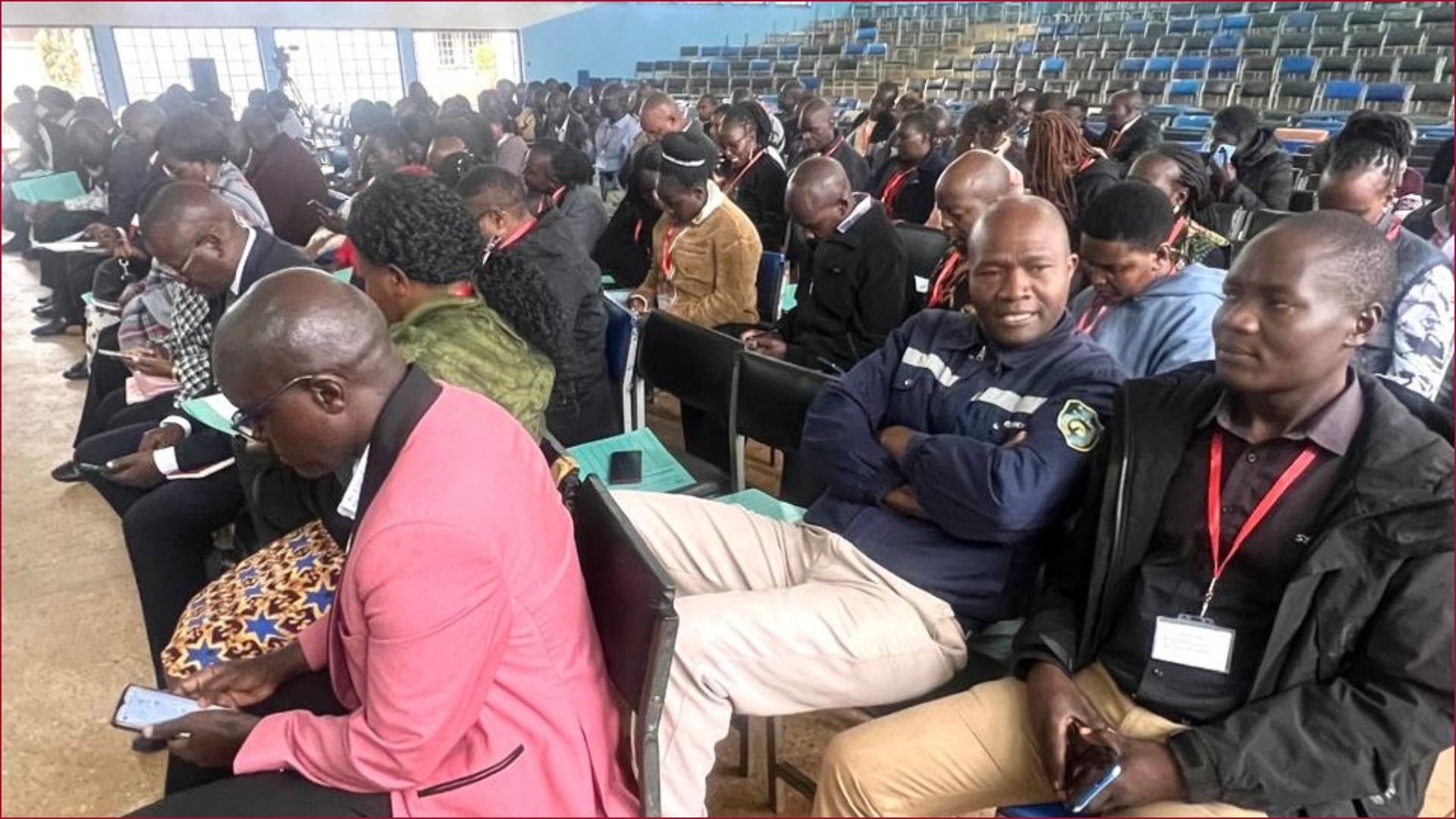Deputy President Kithure Kindiki has said the culture of employees wearing suits and ties to their workplaces is slowly fading away.
Speaking on Monday, September 8, during the Africa Employer Summit 2025 in Nairobi, Kindiki said youthful workers are demanding flexibility in the workplace.
The Deputy President observed that the era of suit-and-tie workers is coming to an end, as youthful employees are reshaping workplace culture.
“Youthful workers today and tomorrow are asking employers for greater flexibility at the workplace. And therefore, the era of tie and suit-wearing workers could be coming to an end,” said the DP.
Kindiki urged employers to adapt to emerging work trends and pointed out that productivity in workplaces should not be judged by how one is dressed.
Read More

“That is what the young people are demanding. You don’t need a tie to be productive. Going forward, therefore, we must engage our young people, listen to them, and integrate their thoughts as we define the worker of the 21st century, “ Kindiki added.
The workplace culture has changed since the COVID-19 pandemic, when many businesses and companies adopted new models that allowed employees to work from home.
The shift influenced workplace attire, with employees dressing more casually while working from home.
The traditional office attire of suits and ties has since been replaced with more relaxed clothing, such as business casual pants and shirts or t-shirts.
At the same time, Kindiki said the youth population in the African continent is a tremendous asset but also poses an enormous challenge.
The DP mentioned that Africa has the youngest and fastest growing population, estimated at 400 million people between 15 and 35 years.
According to DP Kindiki, the lack of job opportunities for youth in Africa is a huge challenge and has resulted in unrest across some countries.
“While many challenges face young people in Africa today, undoubtedly the most acute challenge is the lack of enough jobs and income opportunities for them.
"This has led to a situation where in some countries we have seen unrest led by young people, and part of the grievances is due to the lack of enough jobs and income opportunities,” Kindiki added.










